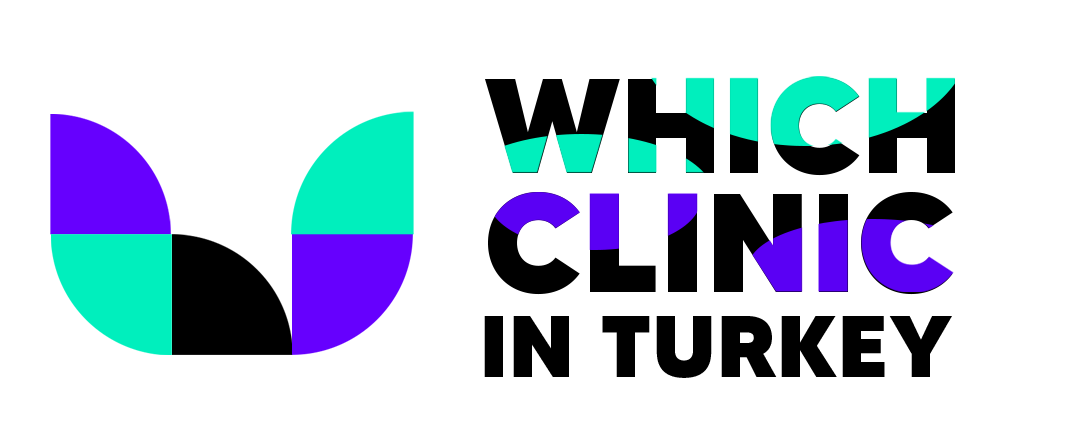NUTRITIONAL SCHEDULE FOR ATHLETES
NUTRITIONAL SCHEDULE FOR ATHLETES
The need for nutrition has existed with an impulsive mechanism since the creation of human beings. In case of insufficient nutrition, growth and development are interrupted and mental development is insufficient. In addition to the physical and mental health benefits of exercising, it also has a positive effect on social life. For this reason, giving children the habit of doing sports from an early age ensures that disciplined and self-sacrificing young people are raised.
In addition to the positive effect of sports on our lives, following a healthy and regular nutrition program ensures full efficiency from sports, and if there is a destination targeted with sports, it enables to reach it faster. The intensity and duration of the exercise, the weight, height and age of the individual play a role in determining the quality and quantity of nutrition.
HOW TO FEED BEFORE AND AFTER SPORTS?
How to eat before and after sports varies according to the type of exercise done in sports. Nutrition plays a 70% role in body shaping. For this reason, two completely different appearances will be obtained as a result of feeding two individuals of the same height and weight, who do the same exercise, with different calories.
It is important not to be afraid of food while doing sports and to get the nutrients that the body needs.
If you are aiming to burn fat and lose weight, it is necessary to be relatively hungry before exercising. Having a main meal 3-4 hours before doing sports, or having a snack 1-2 hours before, ensures that the calories to be spent during sports are spent from the body’s fat stores. Preparing a plate of quality carbohydrates and protein after exercise fills the empty glycogen stores and provides the energy needed by the muscles.
If you are aiming to gain muscle instead of losing weight, it would be appropriate to prepare a carbohydrate-rich dish such as porridge or boiled rice, which will provide energy to the body before exercising. In order to trigger the growth and development of muscles after exercise, a balanced plate of carbohydrates, proteins and vegetables should be prepared.
Drinking water; It directly affects the quality of exercise, fat burning and muscle development. Drinking plenty of water in addition to nutrition will ensure faster regeneration of cells filled with oxygen.
Restricting calories is beneficial up to a certain point and is effective in weight loss. Each individual has the number of calories that he should take according to his height, weight, age and daily movement amount. In individuals aiming to lose weight, a nutrition program is adjusted to be less than this calorie. However, unconsciously restricting calorie intake invites eating disorders. For this reason, it would be useful to get support from a nutritionist.
HOW SHOULD SUPPLEMENTS BE USED?
Supplementary foods in sports nutrition seem to improve performance. Athletes who follow a healthy and balanced diet do not need any nutritional supplements in the first place. However, as muscle development increases and adipose tissue decreases, body development becomes more difficult. For this reason, at the point where daily nutrients are insufficient, athletes’ resort to nutritional supplements when professional athletes cannot take the macronutrient they need to take during travel, in order to ensure faster recovery after intense training, when they want to get a faster effect.
Collagen, protein powder, vitamins and minerals, omega-3, amino acids, creatine can be counted as the main nutritional supplements. Creatine is often used in the routine of athletes who want to build muscle. Collagen increases strength by increasing the elasticity and durability of bones. In addition, taking vitamin and mineral supplements prevents problems such as cramps, post-exercise pain, and injury. For example, magnesium is an effective supplement to prevent cramps. Vitamins B12 and D should be included in the diet of the athlete as a result of routine controls.
Taking nutritional supplements unconsciously harms the liver and kidneys, and causes the body’s fat and muscle balance to deteriorate. The necessity and number of nutritional supplements must be decided by a nutritionist. Thus, long-term harmful effects on the athlete are prevented.



